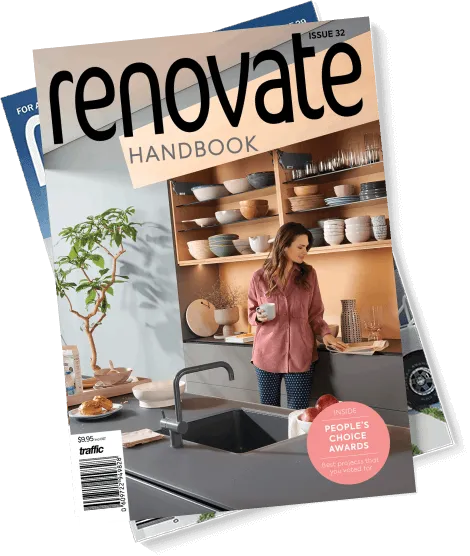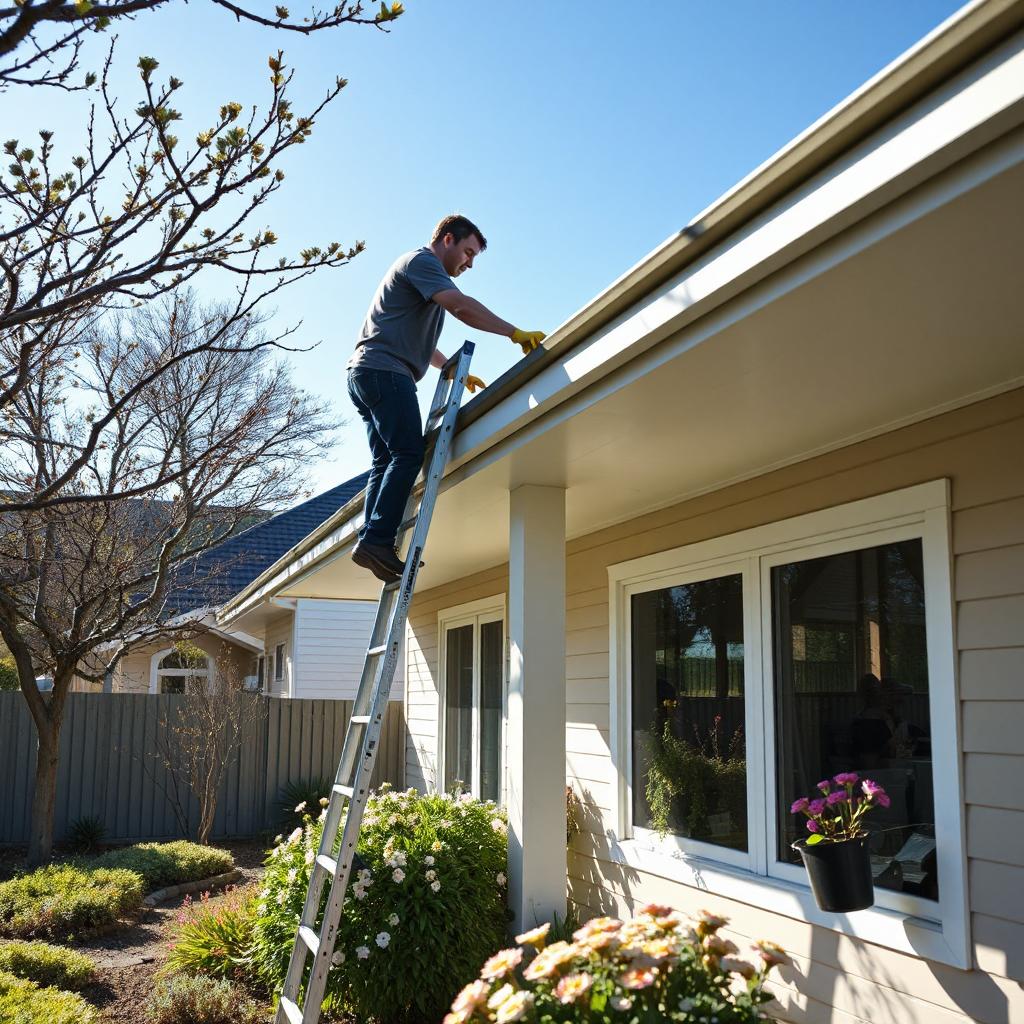Navigating The Home Insurance Claims Process
As New Zealand's leading team for residential and commercial repairs, maintenance, insurance work, and installations, we know a thing or two about the claims process.

Whether it’s damage caused by a weather event or some other accident, making a claim against your home insurance can be overwhelming to navigate. And while every policy and provider is a little different, the process is more or less the same.
Understanding the process
Whether it’s damage caused by a weather event or some other accident, making a claim against your home insurance can be overwhelming to navigate. And while every policy and provider is a little different, the process is more or less the same.
- Submit your claim
- Your claim is either accepted or more information is requested
- Claim assessment
- Settlement declaration
- Finalise your claim
Different types of home insurance claims (and what’s not covered)
There are two main home insurance categories: one is more comprehensive, covering unforeseen, sudden, and accidental damage from all catalysts. The other, requires you to define covered events such as theft, fire, flood, and earthquakes.
Fixed Sum Insurance
You and your insurance provider agree your home is worth a fixed amount and that’s the limit they agree to pay in the event of a claim.
Indemnity
The value of your home at the time it was damaged is how your provider will determine their claim pay-out.
Total Replacement
This includes professional fees, demolition, and any other costs associated with rebuilding and repairing your home if it’s destroyed up to the total number of insured metres.
Those are the three most common and comprehensive insurance structures available, however, there are other arrangements too, such as landlord, holiday home, multi-unit, and Home & Income insurance.
What is not covered
Policies vary, but there are common exclusions when it comes to home insurance. For example:
- Business/commercial activities outside of your policy.
- Insect or vermin damage.
- Gradual deterioration including mould, mildew, and corrosion.
- Pet damage.
- Damage while your home is unoccupied–definition varies.
Tips for filing an insurance claim
Do this early and often. If you wait until there’s an incident, you may feel rushed and unable to fully comprehend your coverage. Insurance companies can be notoriously difficult to deal with, so it’s a good idea to feel like you’re on solid ground when the time comes.
You’ll need to clearly define exactly what you’re claiming and provide your policy number along with documents to back up your claim. More on that next.
Gather evidence
Assess the damage ASAP. Your provider will need evidence, and handing everything over in one go will speed the process along. Anything that can help you prove your loss, such as photos, receipts, and other documents, even contact information from emergency services or witnesses will help support your claim.
Get an estimate
Home insurance policies typically have an agreed upon sum insured, which is the amount your provider agrees to pay in the event of a claim. In order for them to pay, they have to know what the repairs and replacements cost. So work with a professional to get an estimate and remember, it never hurts to get a second opinion.
Working with Oncore
As New Zealand's leading team for residential and commercial repairs, maintenance, insurance work, and installations, we know a thing or two about the claims process. Our maintenance and repair professionals can help with everything from providing quotes and estimates to executing repairs for a stress-free, streamlined experience. We’re happy to offer advice and insurance claim tips, too! For example, when the repair is small and costs less than your excess, it’s better to avoid making a claim altogether!
One call does it all
Get in touch with Oncore and arrange a free initial consultation with a maintenance and repair specialist.
Read Next
All Oncore franchises are independently owned and operated.
Processing...
Talk to a maintenance specialist today
Oncore specialises in doing everything related to taking care of your home, building or office. Get in touch today!





